Study something new
Six courses debuting at Wheaton this spring
Perhaps you are the sort of student fascinated by the saga of Ashurbanipal, ruler of the Neo-Assyrian Empire and creator of one of the oldest libraries in human history.
Maybe you’re focused on something more modern, like learning how to develop a computer program to handle incredibly complex tasks accurately, in seconds.
Well, Wheaton’s got a course for that … and a whole lot more.
At least 16 new courses are being taught this semester. While some of the new options may not be offered again, many more are intended to be a regular part of the curriculum. For example, Medical Surgical Clinical Nursing, in which students are assigned for weekly field experience at local hospitals while also mastering skills in the Nursing Simulation Center on campus, debuts this semester but will be offered regularly hereafter.
Given Wheaton’s liberal arts focus, it’s probably no surprise the new courses range from business and politics to the arts and humanities. Here are six of the first-time courses taking place this spring.
Ancient Near East Empires
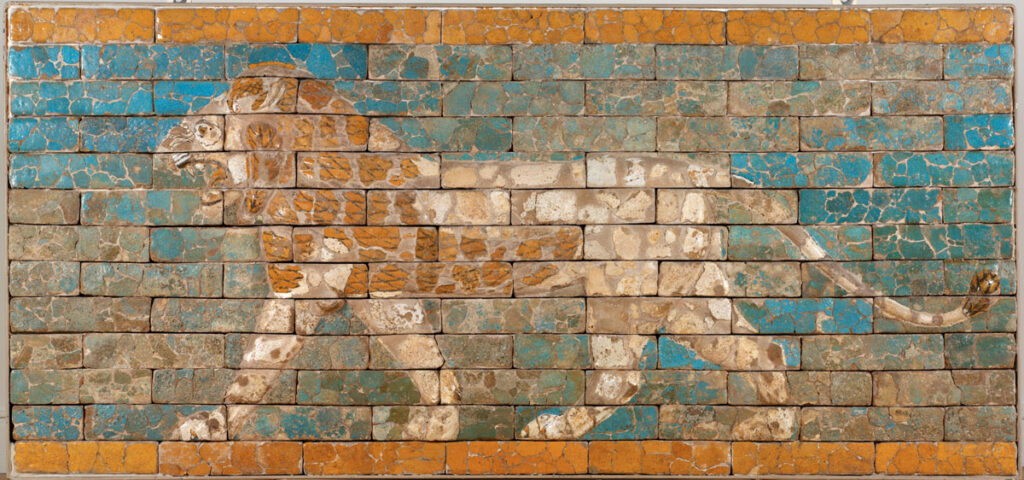
“Why would anybody create an empire, and why would anybody fight against one?”
So begins the description for the course led by Jonathan Price, a visiting instructor who is part of the Brown-Wheaton Faculty Fellow program that brings soon-to-be-Ph.D.s to campus for a semester.
Students taking the course will explore the history of empires in the ancient Near East from the rise of the Neo-Assyrian Empire in 934 BCE to the fall of the Umayyad Caliphate in 750 CE.
“By giving ancient civilizations like Assyria or Persia the center stage they usually don’t receive, I believe we will see how the history of ancient empires is not simply a story of the conquerors and the conquered, but rather a more complex tale of humanity’s search for stability, freedom and something that will stand the test of time,” Price said. “Most of all, I want students to leave my course with a greater interest and curiosity about the ancient world and an understanding for why it still matters today.”
Community Health Promotion
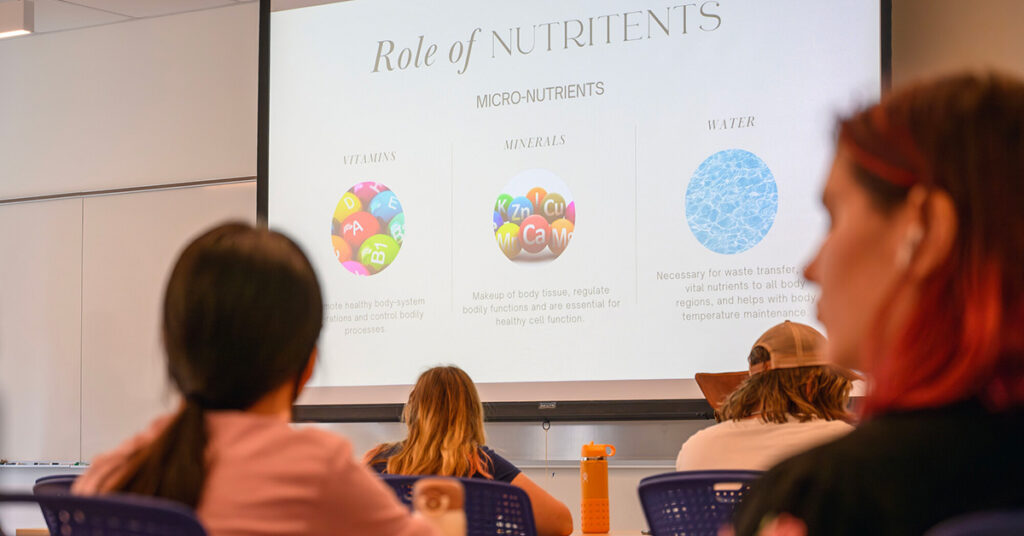
“Students in this course will research, design and present their own community health promotion programs,” said Madeline Montgomery, visiting assistant professor of psychology.
“The students will be leading the way a bit in pursuing their own goals. Of the students in the course (most of whom I’ve taught and gotten to know previously), I know they have different interests—careers in clinical psychology or health practice, community health as a tool for social justice advocacy or community engagement skills that they can bring to future careers in fields outside of psychology and health,” Montgomery said. “What seems to be shared by the entire class is a need to feel actively engaged in the world around them at a moment where a lot of folks are feeling pretty disempowered.”
The course culminates with each student making a presentation to a panel of experts who will evaluate their proposed programs and potentially adopt the ideas for their own organizations to implement.
Entrepreneurship and Venture Creation
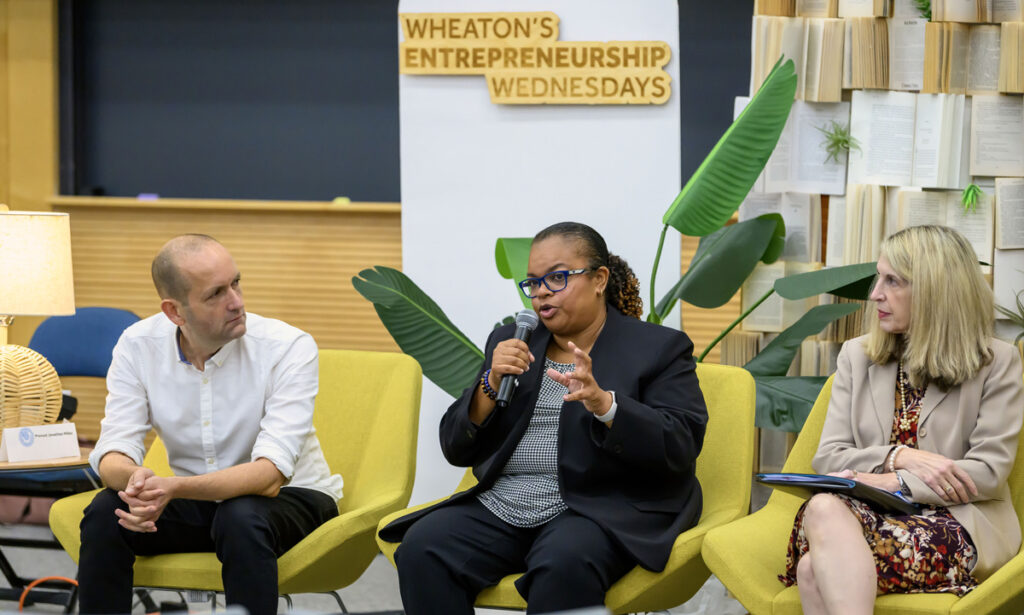
Students in this course study financing, production and identification of market gaps to set up newly created firms. Working in teams, students develop fully formed business plans as well as a professional pitch that could be used to raise funding for the venture. The course is designed to aid students in recognizing potentially profitable opportunities, conceptualizing venture strategy, and becoming key forces in successfully moving ideas from the laboratory to the marketplace.”
But you needn’t be pointed to a career as an entrepreneur to benefit, said Tammi Redd, the Diana Davis Spencer Associate Professor of Entrepreneurship.
“The course allows students to build their skills in creativity, oral communication and writing,” Redd said, noting that these skills are valuable in any endeavor.
“The students sharpen their writing skills, practice the art of storytelling and learn to flex their creativity muscles by mastering the use of brainstorming techniques. Additionally, the students learn to collaborate and use creative problem-solving skills to identify new products, services and programs.”
Designing Architectural Spaces
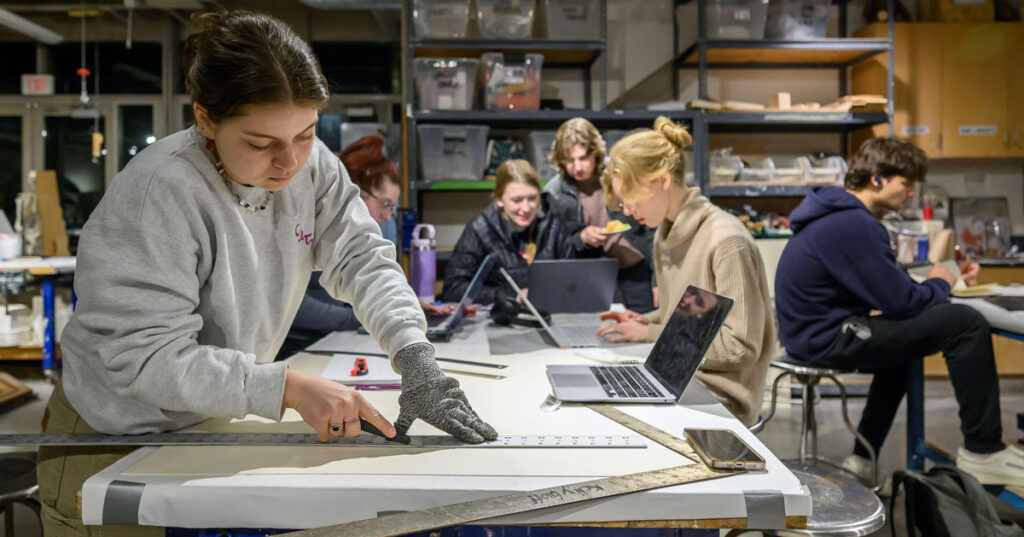
This new course taught by Professor of Visual Art Kelly Goff reflects the college’s growing design program, filling out an emerging concentration focused on the design of objects and spaces.
“We have a lot of students who are interested in the qualities of spaces and how those qualities affect and inform people about what spaces afford,” said Tania Schlatter, professor of the practice of design and the program’s lead. “This course provides students with hands-on experiences, including sketching, creating scale models and producing architectural drawings that respond to real-world criteria.”
“Design practice is increasingly interdisciplinary and integrated. Combined with study of design for communications and objects, working with spaces opens up opportunities and connects to design for theater, museums, parks, libraries and more,” Schlatter said. “I’m excited that students can explore methods for realizing design opportunities in spaces with this course. We’ve already had students analyze and suggest thoughtful changes to how some spaces on campus are used.”
Machine Learning
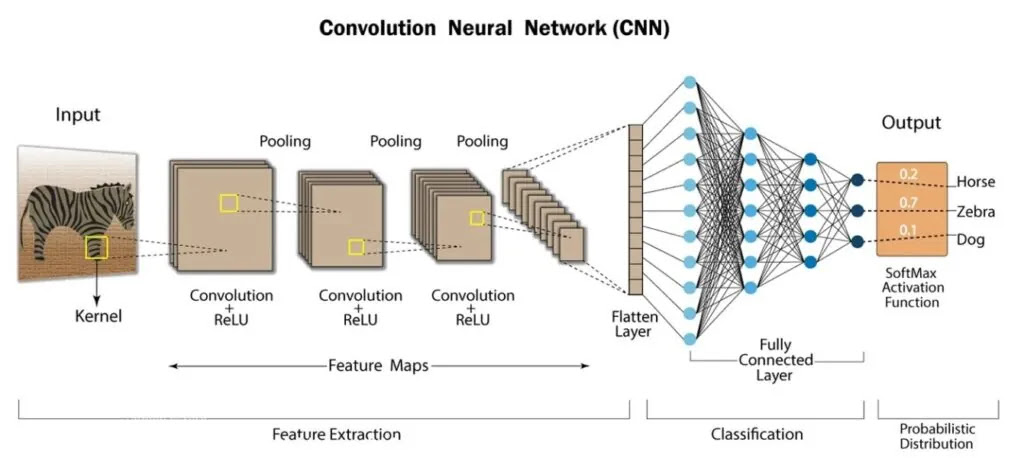
Machine learning sits at the core of computational tools often referred to as “artificial intelligence,” such as large language models, autonomous vehicles, speech recognition systems and many other technological advances.
“It’s a mix of applied mathematics and computer science,” said Michael Kahn, professor of statistics. “Students work to understand and make use of algorithms that are capable of quickly making very accurate predictions.”
Among other projects, by the end of the semester students will have developed and trained a neural network model to correctly categorize various photographs and images. “On their laptops, they will train models using about 90,000 images, and then they will test their models on another group of 10,000 new images. Most students will be able to classify the new images with over 95% accuracy.”
The course is a big step for students to develop necessary foundational language and skills for any of the many jobs in data science.
Making the Most of Study Abroad

Unlike most other offerings, this course spans multiple semesters yet includes only one in-person session—after students return to Wheaton. Yet it’s focused on what happens before that classroom gathering.
While abroad, students will complete a series of readings about navigating and learning from another culture. They also will participate in online discussions on these topics, including how to translate their experiences into career skills, with peers who are also studying abroad in other locations.
Gretchen Young, director of the Center for Global Education, said the goal is to help students engage with cultural differences and be comfortable outside their comfort zone. “They will contemplate their own intersectional identities and how that might influence their experience abroad.”